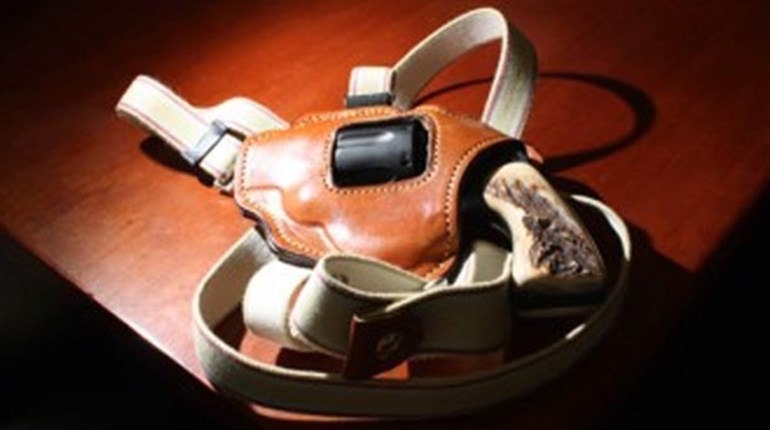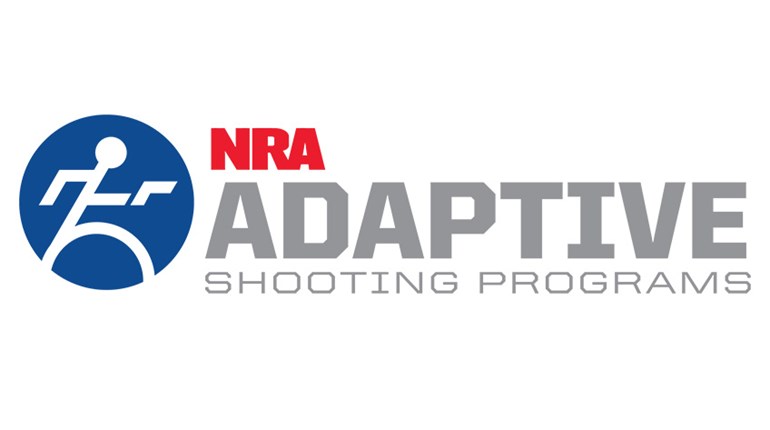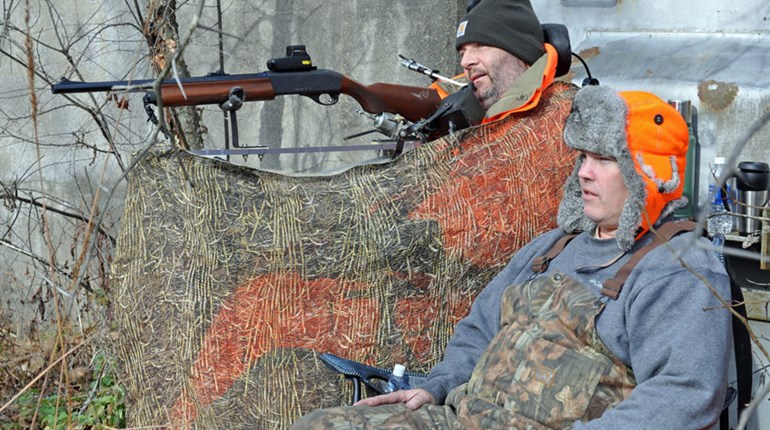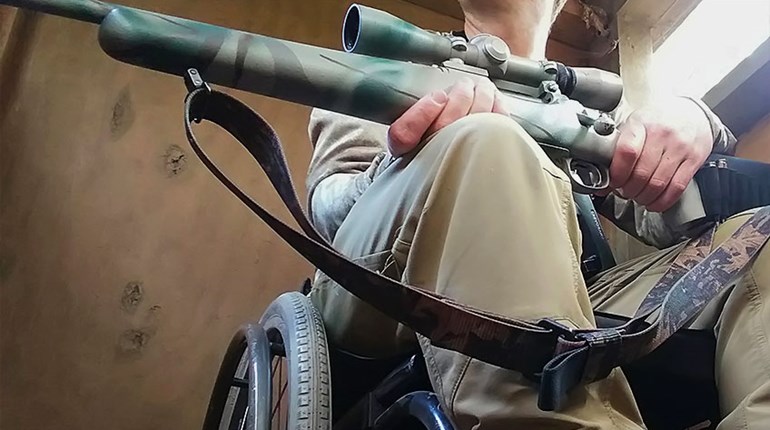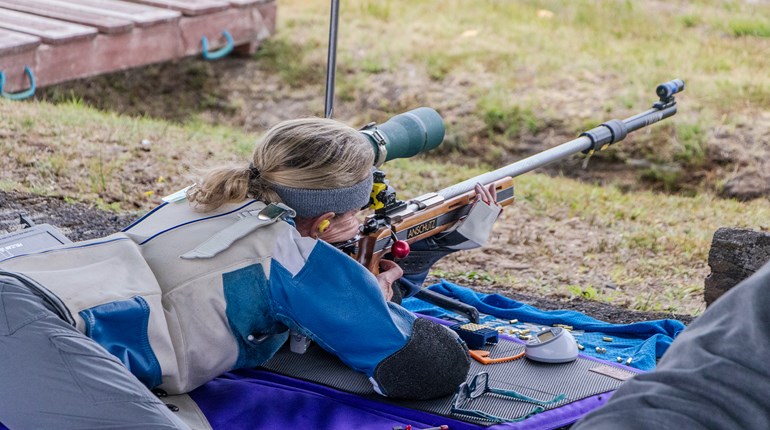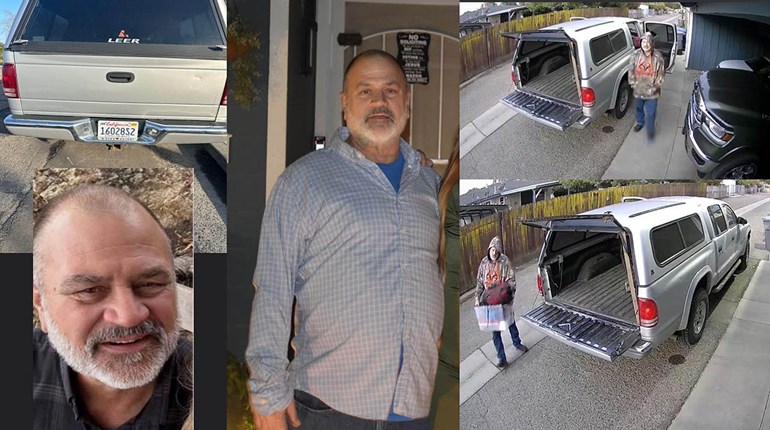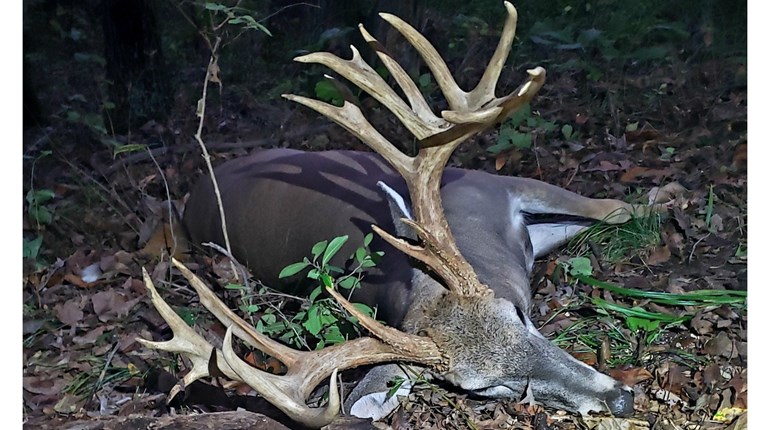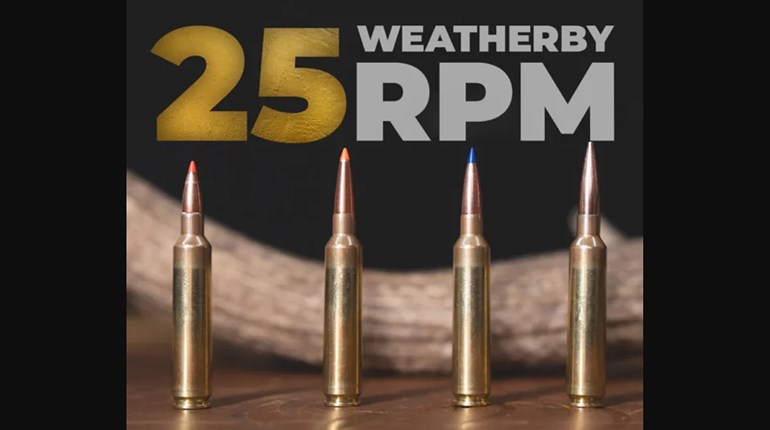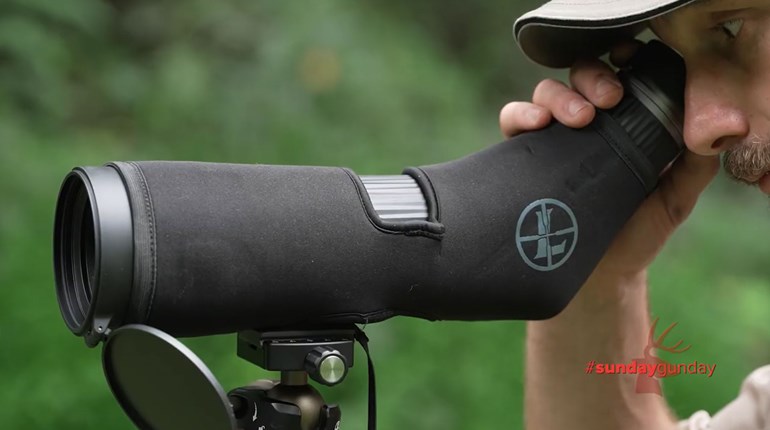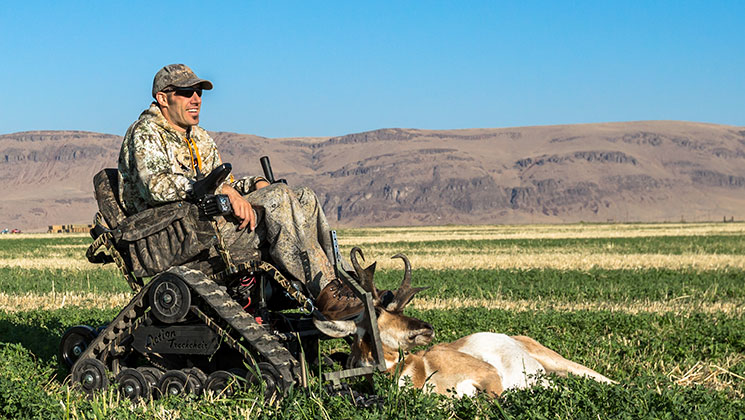
One of the prime directives of the NRA Adaptive Shooting Program is increasing the opportunities for people with disabilities to participate in hunting. While there are hunting clubs and programs that offer this service all across the country, they are typically localized operations with limited reach and resources. This is where the NRA can help. Not so much with the funding but with guidance, exposure and access to a wide network of contacts that can spread the message quickly and effectively. That said, how would a local group get started on the path to hosting such an event or bulking up an existing event? That’s a good question and, like many good questions, there’s not one perfect answer. It will take research, patience and time for the prospective host(s) to determine if a guided hunting trip for people with disabilities is something they are equipped to provide. Just by considering the possibility they have taken that critical first step and proven a desire to help people with disabilities. With that element in place, the rest of the formula can be designed to ensure their success.
The four elements to hosting an event catering to people with disabilities are space, people, time and finances. Those are in no particular order because, as you will see, attempting to put things in order is pointless!!
1. Space
Space in this context is not that place referred to by Captain Kirk as “the Final Frontier,” but sometimes it may as well be. The spaces that you will need to boldly discover are hunting spaces, gathering spaces and sleeping spaces.
Hunting Spaces
Locating open land and landowners willing to assist in this endeavor can be a challenge. The most common concern is liability issues associated with people of unknown ability and experience carrying firearms onto their property. This is a valid concern and will need to be addressed head-on—with the appropriate legal representatives familiar with the jurisdiction where the event is to take place. I am not a lawyer, never entertained the idea of becoming one, and didn’t even stay at a popular national hotel chain last night so I have no idea what issues may arise in this arena. What I can say with confidence is that it is possible for the landowner to both host some hunters and protect themselves from the potential for financial ruin. With that most vital concern addressed, we can move on to other issues.
How much land is needed? This question can really only be answered with two other questions. Those are: How many hunters would you like to host, and what game are you hunting? The second question is usually easy for the prospective host to answer because it was their interest in hunting that brought them to this discussion in the first place, most hunters I’ve known have a strong preference in these matters and, finally, they know what species are available on their property. The first question has an equally simple answer but it is a little less obvious. We suggest walking before running. Ask the landowner to estimate how many hunters their property can accommodate, and then divide that number by four. Why four? Because for each hunter with disabilities there will be an attendant or two (usually family members), a guide or two and all of the hunter’s equipment (including medical supplies as well as hunting gear). It would be better to set the initial bar low and clear it with ease than to set it high and fall disastrously short. That would only make the event a stressful experience for the landowner, which would likely spill over onto the hunters and certainly decrease the likelihood of repeating the event the following year.
Gathering Spaces
That group of hunters, family members and guides will need a place to assemble throughout the event. This assembly place will be where the families meet their guide(s), where they will discuss strategy for their hunt, where announcements will be made and awards given. Check local hotels, community centers, firehouses and churches for availability. Please don’t forget to mention that there is a significant possibility that firearms will be brought into this space! The space requirements here will again be dictated by the number of hunters attending the event, so apply the rule of four. If a conference room seats 100 people you will likely get 25 hunters in there.
Sleeping Spaces
Most hotels only offer two or three handicap-accessible rooms. If you have access to several hotels and you’re only hosting six or eight hunters, you should be fine. If your location is so remote as to limit your hotels to one or none...well, all hope is still not lost. Communicate openly with the hunters. Tell them the issue without any reservation. Most will try to find ways to make do with the available rooms if they can. Think about it: They are comfortable with their abilities such that they are going out into the field for a hunting trip. That’s not a group that’s likely to balk at an elevated threshold going into a bathroom. You should also have a good idea of their abilities from the information collected during their registration. Give room priority to those with the most profound limitations and those travelling alone. If it turns out that the nearest hotel is a 30-minute drive from the hunting location, that is unfortunate, but is again not a show stopper. Adjust your schedule accordingly and move on.
2. People
You, the potential host, are not an island. You are going to need help...maybe a lot of help. The best estimate available says that you should get absolutely everybody you have ever met to help. There is no magic number of volunteers. The rule of four is worthless here. This is where some leg work up front saves hassles later. If you’ve casually asked around and came up with only three or four volunteers (that you can count on!) that’s fine. That will be a limiting factor in how many hunters you take and what services you provide for them. That’s all.
3. Time
Time is an abstract concept anyway, so why should trying to plan for it be any different? Time of year is the easiest part as it will be dictated by the season for the game you’ve chosen. The length of your event isn’t as simple. Formulating the answers to a number of questions before ever starting will again be helpful. It is encouraged that you hold a “formal” meet and greet for the hunter, their family, the guides and event organizers to get comfortable with one another. A Friday dinner prior to a Saturday hunt would work. Are you planning an elaborate award and recognition ceremony, or just a casual debriefing? Either is fine, just know which one you’re planning and go with it.
4. Finances
This is the first and most intimidating barrier of all. How much will it cost to take a half dozen people with disabilities on a guided hunting trip? This is a concern because it’s virtually impossible to predict with any certainty...at least, the first time around. After that maiden voyage you will have precedent and lessons learned to guide you. This is where the "start small" principle prevails yet again.
Maybe your inaugural “event” consists of taking an acquaintance with disabilities out hunting with you and some friends. This would give you some insight into many of the topics discussed here and probably strengthen your resolve to see it through. Either way, you should be commended for taking on such a challenge for people who are often overlooked in the hunting and firearm communities.













